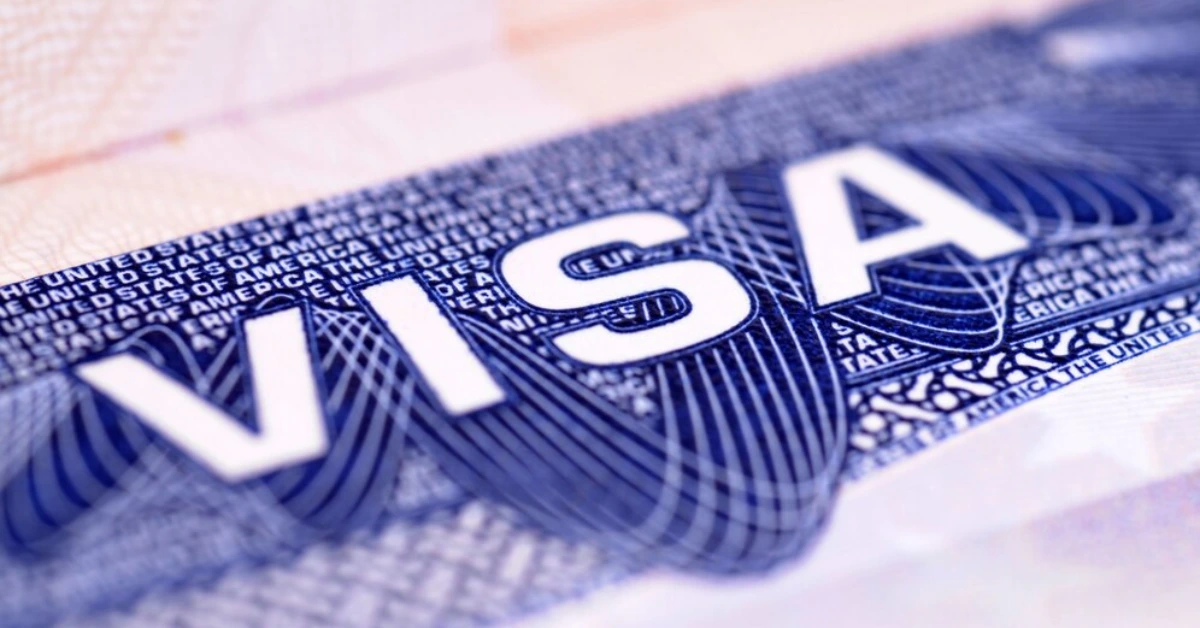Remitforex – The Money Transfer Expert
Remitforex – The Money Transfer Expert




Starting from January 31, 2024, the UK has made a noteworthy alteration to its visa policies, which has sparked discussions about the future of work and immigration. The revision allows individuals holding tourist visas to engage in remote or client work while staying in the Country. This change blurs the distinction between tourism and professional activities and raises opportunities and concerns.
Supporters of the new regulation highlight its potential in enhancing business and tourism. By permitting professionals to undertake client work or work remotely while visiting the UK, the government aims to attract more business travellers and extend their stay. Additionally, the regulation promotes international collaboration and knowledge exchange, as professionals work with local clients and UK-based colleagues. This exchange of ideas can lead to innovation and contribute to economic growth.
Earlier in the UK, a PPE visa allowed international visitors to engage in specific professional activities.
The Permitted Paid Engagement (PPE) visa is a Standard Visitor visa offered by the UK. It permits professionals and experts from outside the EEA and Switzerland to carry out short-term, pre-arranged paid work related to their area of expertise or occupation in the UK.
Professionals in specific fields, such as lecturers and examiners, overseas designated pilot examiners, qualified lawyers, professional artists, entertainers, sportspersons, and thorough business professionals attending meetings or conferences, can apply for a PPE Visa.
Permitted activities for a PPE visa holder include those that are directly related to the applicant’s expertise, such as giving lectures or a series of lectures (excluding formal teaching roles), examining students or trainees, participating in or chairing selection panels, carrying out a specific performance or engagement, and attending approved business meetings or conferences.
Key features:
No, the new UK visa rule allowing client work and remote work on tourist visas does not completely replace the PPE visa. While there is some overlap in allowing paid activities during a tourist visit, the two options have distinct differences:
Scope of activities:
Requirements:
Duration:
Tax implications:
The new rule expands the possibilities for paid activities on a tourist visa but doesn’t entirely replace the specialized focus of the PPE visa.
To make the best decision for your situation, it’s essential to consider the differences between your options:
It is important to note that the following guidelines are general and should be used in conjunction with official guidance from the UK government or professional immigration advice to obtain the most accurate and up-to-date information that pertains to your specific situation.
Key points:
It’s important to note that the new UK visa rule for tourist visas includes client work and remote work, but it does not provide full coverage for remote work related to digital nomadism. The rule states that paid work on a tourist visa should not be your primary source of income. This means that digital nomads who rely exclusively on remote work to make a living may not meet this requirement.
The new UK tourist visa rule now allows digital nomads to take up client work or occasional remote projects during their stay in the Country. However, it is essential to note that this rule is not a definitive or guaranteed pathway for long-term digital nomad work within the Country. In case the work model of digital nomads does not align with the UK’s new tourist visa rule, they should consider exploring alternative visa options such as the Scale-Up Work Visa or other countries with digital nomad-friendly visa policies.
However, there are critiques regarding the potential downsides of the policy. One primary concern is the risk of visa overstaying. If tourists engage in work activities, they might be tempted to extend their stay beyond the permitted period, especially if their work projects are not time-bound. This raises concerns about unauthorized employment and unfair competition for UK residents seeking work. Additionally, the vagueness of the “client work” clause could be exploited by companies aiming to circumvent official work visa requirements, leading to potential tax evasion and violations of labour rights.
In addition, incorporating work into tourism raises some important questions about the fundamental purpose of travelling to a foreign country. Should the lines between leisure and work be blurred to the extent that vacations turn into business trips? Are tourists now expected to be constantly glued to their laptops, sacrificing cultural experiences and relaxation for work-related pursuits? These concerns emphasize distinguishing between legitimate work activities and casual work-related tasks that may arise during a tourist visit.
The UK’s new visa rule that allows client work and remote work on tourist visas is a bold experiment that could have significant consequences. Supporters believe it will bring economic benefits and increase international collaboration, while critics warn of overstaying risks, unfair competition, and blurred lines between leisure and work. The success of this policy will depend on its practical implementation, with robust measures to ensure compliance, prevent abuse, and protect both foreign professionals and UK workers. Ultimately, the key is to balance promoting business and tourism without compromising the integrity of the immigration system and the essence of a true vacation.

